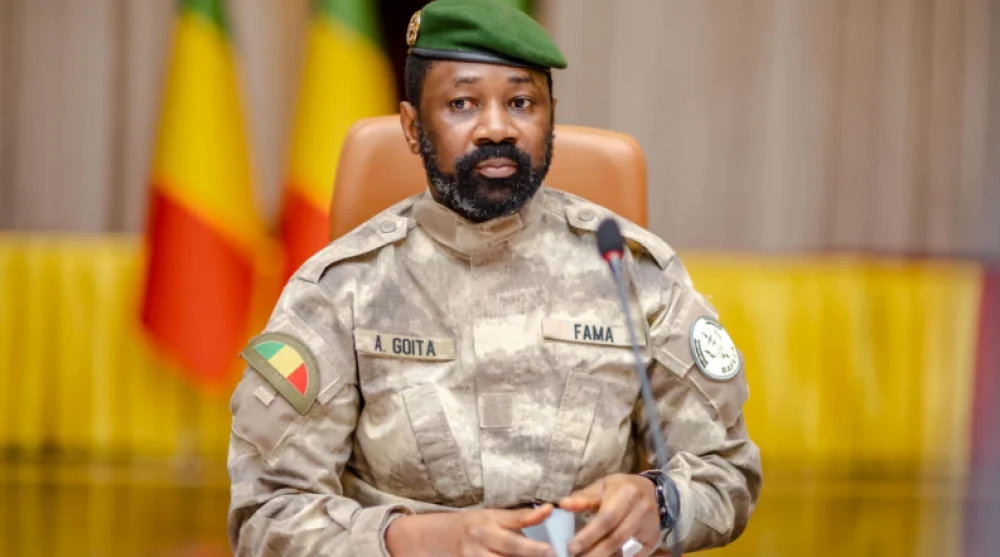
Mali is facing a decisive moment in its turbulent political history as the National Charter for Peace and National Reconciliation, presented to transitional president Army General Assimi Goïta on July 22, seeks to address years of discord, corruption, and instability.
The charter has been introduced against the backdrop of a nation fractured since 2012, grappling with the fallout from poor governance and the dominance of a narrow elite that has controlled political, economic, and financial power for personal gain.
Supporters see the document as a potential turning point, a framework to unify Malians after years of mistrust and strife.
For many, dialogue remains the Achilles heel of the transition. “Without dialogue, everything is doomed to failure. No economic and social progress,” the report warns, highlighting the urgency of honest engagement to heal divisions that have deepened through successive regimes. The charter, unlike the National Conference of 1991, is intended to avoid becoming a political tool or a platform for exclusion.
The failures of the past still cast a long shadow. Previous governments, shaped by the 1991 transition, were accused of enabling corruption, awarding lucrative contracts to shell companies, and favoring allies with government jobs while ordinary citizens struggled with poverty and soaring costs of living.
Such practices, critics argue, fueled the unrest that led to the 2012 coup against President Amadou Toumani Touré and the 2020 military takeover from Ibrahim Boubacar Keïta.
Advocates insist that the charter must go beyond rhetoric, ensuring transparency, fairness, and the equitable distribution of national wealth. The goal is to break the cycle of division and restore trust between citizens and the state.
Whether this initiative succeeds will depend on its ability to foster genuine dialogue, confront entrenched interests, and avoid repeating the exclusion and manipulation that derailed previous reconciliation efforts. Mali, after decades of upheaval, cannot afford another missed opportunity for peace.



